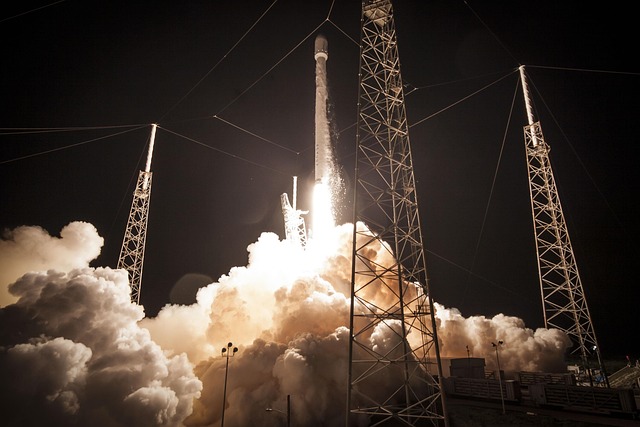Rocket Lab has signed a new deal with Japan’s national space agency, JAXA, locking in two upcoming launches from New Zealand. The agreement marks another step in Japan’s effort to speed up satellite development, and shows just how central Rocket Lab has become in the global small-satellite launch game.
The first mission is set for December 2025 and will carry JAXA’s RAISE-4 satellite. It’s a compact spacecraft, but it’s packed with ambition. The satellite will test eight experimental technologies from Japanese start-ups, universities, and research teams.
The second mission, expected in 2026, will be busier. Eight small satellites will share the ride, including an ocean-monitoring satellite and another that will test a foldable antenna based on origami design. Once in orbit, the antenna will unfold to 25 times its original size, a clever bit of Japanese engineering that could change how small satellites work.
A Longstanding Connection
Rocket Lab’s work with Japan goes back years. The company has launched satellites for several Japanese clients, including debris-removal specialist Astroscale-Japan and Tokyo-based ALE. More missions are already on the way.
By the end of this decade, Rocket Lab plans to fly more than two dozen Japan-related missions, including constellation deployments for satellite operators iQPS and Synspective.
Rocket Lab’s founder and CEO, Sir Peter Beck, said the new deal reflects how space exploration is now an international effort.
“It’s an incredible honor to be entrusted by JAXA to further their goals of innovation and development for Japan.”
He added that Rocket Lab’s global setup, a U.S. rocket launching from New Zealand for a Japanese mission, shows how interconnected modern spaceflight has become.
Innovation at Speed
For Japan, these missions are part of a wider plan to test new technologies more quickly. Through JAXA’s Innovative Satellite Technology Demonstration Program, researchers can get their ideas into orbit faster and prove their designs in real conditions.
That’s where Rocket Lab’s Electron rocket comes in. Its smaller size and quick turnaround make it ideal for launching short-notice missions, something that traditional large rockets can’t easily do.
More details about the first JAXA launch are expected soon. But for now, both Rocket Lab and JAXA are focused on the same goal: making space technology more flexible, more responsive, and more international than ever before.
![]()
![]() Published by Kerry Harrison
Published by Kerry Harrison
Kerry’s been writing professionally for over 14 years, after graduating with a First Class Honours Degree in Multimedia Journalism from Canterbury Christ Church University. She joined Orbital Today in 2022. She covers everything from UK launch updates to how the wider space ecosystem is evolving. She enjoys digging into the detail and explaining complex topics in a way that feels straightforward. Before writing about space, Kerry spent years working with cybersecurity companies. She’s written a lot about threat intelligence, data protection, and how cyber and space are increasingly overlapping, whether that’s satellite security or national defence. With a strong background in tech writing, she’s used to making tricky, technical subjects more approachable. That mix of innovation, complexity, and real-world impact is what keeps her interested in the space sector.
All posts by Kerry Harrison


AloJapan.com